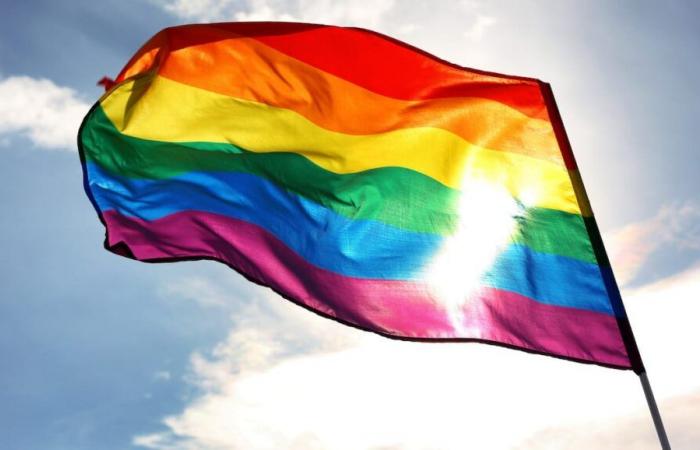At the beginning of summer, the Journal told us that significant setbacks regarding the rights of LGBTQ+ people were observed, an alarming observation in our so-called inclusive Quebec.
Let’s not forget the scandal surrounding story time hosted by drag queen Barbada. A simple, colorful and educational event, which did not force any labels on anyone, provoked virulent reactions… This kind of tension shows that the work must start early in our schools so that the next generation is tolerant and open.
Let’s take a concrete example. My 5-year-old goddaughter plays with friends of various origins, without ever stopping at their skin color. This change did not happen by chance: it took decades of work to integrate intolerance of racism into our core values. In the same way, talking about homophobia and transphobia in schools can, in the long term, build a generation where gender identity or sexual orientation will no longer be barriers or sources of stigma.
“Essentializing” identity to sexual orientation and gender identity
Youth and adolescence are turbulent periods: tastes, opinions, but above all the search for oneself. It’s a fragile moment where we can easily feel confined by standards or the gaze of others. By collectively raising awareness of homophobia and transphobia, we can better equip young people not to reduce their personal identity to stereotypes linked to sexual orientation or gender. Furthermore, did you know that the students who adhere the most to sexual stereotypes are those who drop out the most, according to the Montreal Success Network? Without just being limited to this aspect, countering homophobia and transphobia reminds us of the harmful effects of stereotypes in our society.
School, a place to counter homophobia and transphobia?
Courses such as those in Quebec Culture and Citizenship are spaces to address these questions, but they must be supported by adequate staff training. The Journal We learned that some schools had neither sufficient funds for textbooks nor trained teachers.
Well-trained school staff members are important to answer questions accurately, support young people in their thinking, and defuse tensions.
It’s normal not to know everything on the subject, but fortunately researchers and organizations like GRIS Montréal and La Fédération des committees de parents du Québec are doing important work to keep us up to date with the latest scientific advances. In this sense, the conference held by the National Table to Combat Homophobia and Transphobia in Education Networks on January 16-17 will offer relevant tools for school personnel.
Let’s not forget the role of parents! Talking about trans identity or sexual orientation will not “make” your children trans or gay. On the other hand, transphobia or homophobia can cause profound damage to your own children and those of others.






